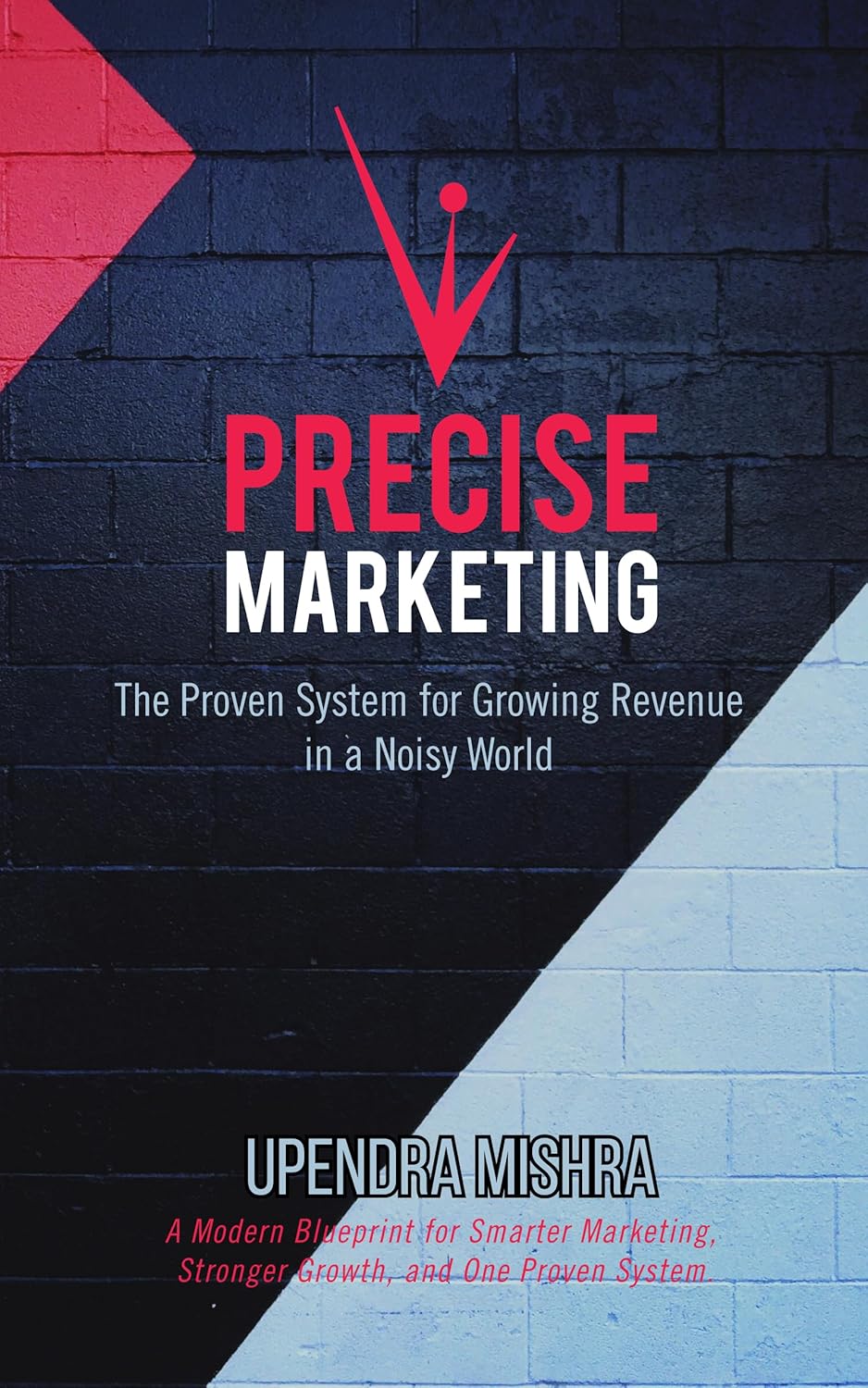I
n today's fast-paced, AI-driven economy, it's easy to get caught up in the latest marketing trends and technologies. However, beneath all the hype lies a timeless truth: marketing starts with the customer. This idea may seem old-fashioned, but it's been around for over 60 years.
Theodore Levitt's 1960 Harvard Business Review essay "Marketing Myopia" still resonates today. He argued that businesses fail not because they lack innovation or effort, but because they misunderstand their purpose. Many companies define themselves by their products rather than the problems they solve, losing touch with their customers in the process.
Growth is never a given; it's earned through adaptability and relevance. Levitt used the example of railroads, which failed to evolve from being a railroad business to a transportation business. Today, we see similar mistakes in industries like streaming, fintech, and edtech, where companies prioritize features over user experience.
Technological novelty doesn't guarantee survival; relevance does. Companies must stay focused on their customers' needs to remain relevant. Levitt drew a clear distinction between selling and marketing: selling is about pushing products, while marketing starts with the customer.
In an era of product-centricity, it's easy to forget that people care about solutions to their problems, not just technology or features. Startups often fall into this trap, assuming "build it and they will come" still applies. However, without a deep understanding of customer pain points and motivations, even the best tech is just noise.
Marketing isn't a department; it's the business itself. Levitt argued that marketing should be viewed as the lens through which the entire company operates. CEOs, engineers, and founders must prioritize creating customers over building products.
In today's digital age, everyone has access to the same tools, but human understanding is what sets great marketers apart. AI can predict customer behavior, but it can't grasp why people feel or what motivates them. Great marketers build relationships, solve problems, and deliver value in a personal, authentic way.
The core of marketing remains unchanged: if you lose sight of your customer, you'll lose your business. The pace of change may be dizzying, but Levitt's insight still holds true. Companies that remember this will not only survive but thrive, leading the market with empathy, service, and a deep understanding of their customers' needs.














